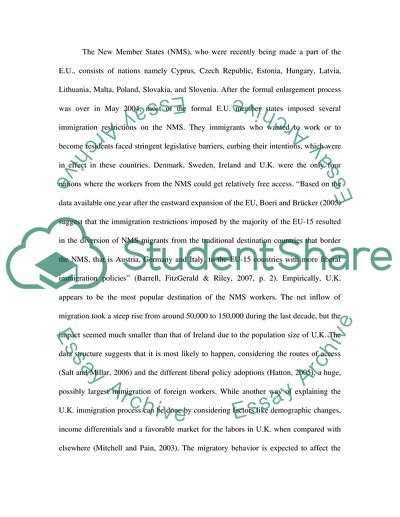Cite this document
(The EU Enlargement and Its Impact on the UK Labor Market Literature review, n.d.)
The EU Enlargement and Its Impact on the UK Labor Market Literature review. Retrieved from https://studentshare.org/social-science/1722146-what-is-the-impact-of-eu-enlargement-on-the-uk-labour-market
The EU Enlargement and Its Impact on the UK Labor Market Literature review. Retrieved from https://studentshare.org/social-science/1722146-what-is-the-impact-of-eu-enlargement-on-the-uk-labour-market
(The EU Enlargement and Its Impact on the UK Labor Market Literature Review)
The EU Enlargement and Its Impact on the UK Labor Market Literature Review. https://studentshare.org/social-science/1722146-what-is-the-impact-of-eu-enlargement-on-the-uk-labour-market.
The EU Enlargement and Its Impact on the UK Labor Market Literature Review. https://studentshare.org/social-science/1722146-what-is-the-impact-of-eu-enlargement-on-the-uk-labour-market.
“The EU Enlargement and Its Impact on the UK Labor Market Literature Review”, n.d. https://studentshare.org/social-science/1722146-what-is-the-impact-of-eu-enlargement-on-the-uk-labour-market.


